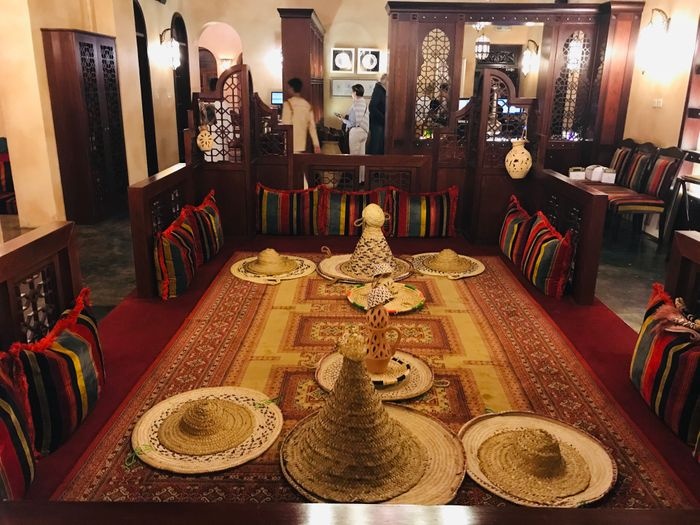Oman
WELCOME TO Oman
Country Overview
Muscat
309,500 km2
5 million
Arabic
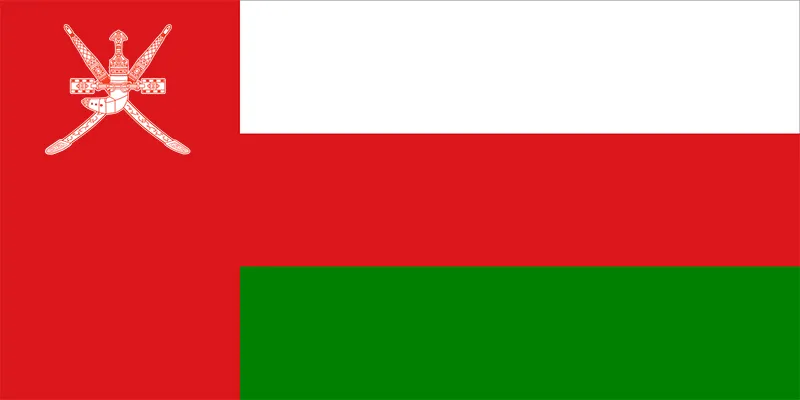
Popular
Geography and Tourist Attractions
Information about the country's tourist attractions, including popular destinations, events, and activities.

Geography
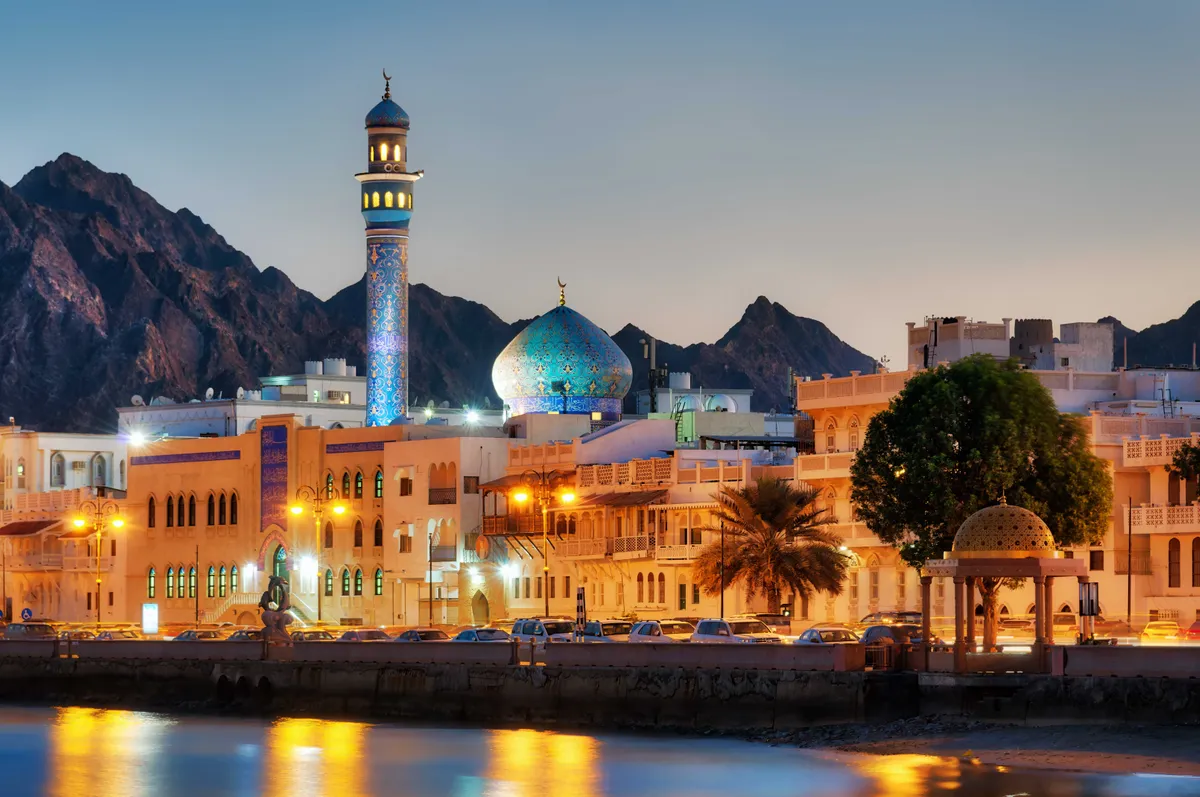
Muscat

Wahiba Sands
Political
Economy and Government
Oman boasts a diversified and rapidly growing economy supported by its rich reserves of oil and natural gas. The government has taken significant steps to reduce dependency on oil by promoting sectors like tourism, logistics, manufacturing, and fisheries. Oman's strategic location as a gateway between Asia, Africa, and Europe contributes to its growing role as a regional trade hub.
The government of Oman operates under an absolute monarchy system with Sultan Haitham bin Tariq Al Said serving as the head of state and government. The Sultan is assisted by the Council of Ministers, responsible for policymaking and governance. Oman emphasizes political stability, peaceful diplomacy, and a gradual approach to modernization.
To foster economic growth, the government has implemented economic diversification plans, such as Oman Vision 2040, which aim to promote private sector development, enhance infrastructure, attract foreign investment, and improve education and healthcare systems. Additionally, efforts are underway to empower Omani citizens through initiatives that promote employment, entrepreneurship, and skill development.
Oman's economic and political stability, combined with its commitment to diversification and modernization, position the country as an attractive destination for investment and a key player in the region's economic landscape.
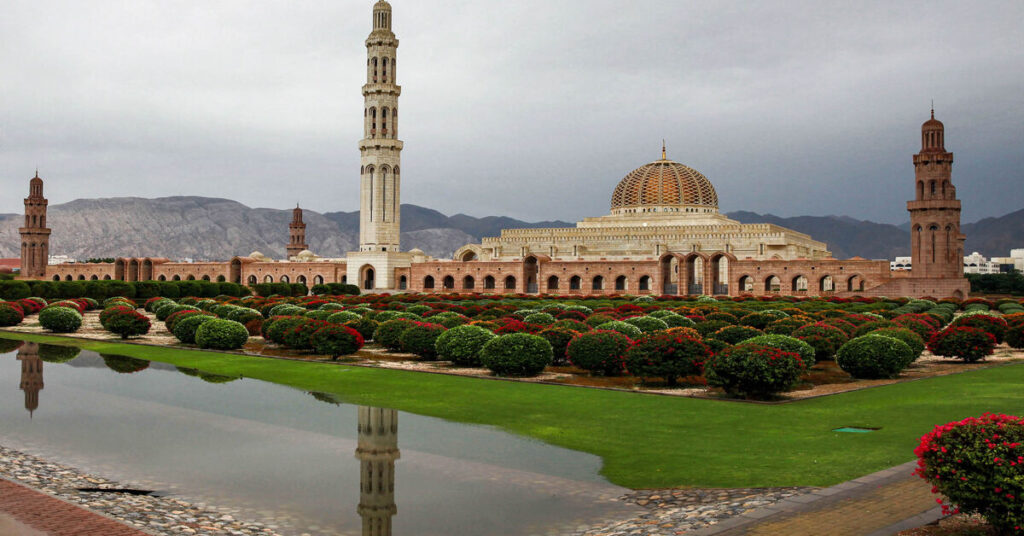
History
History and Culture
Oman, a country in the Arabian Peninsula, is rich in history and culture. With a heritage dating back thousands of years, Oman has witnessed the rise and fall of ancient civilizations, trade routes, and maritime empires.
The country's history is marked by its strategic location as a hub for trade between the East and the West, fostering cultural exchanges and influences from various civilizations, including Persian, Arab, Indian, and African.
Oman's culture is deeply rooted in Islamic traditions, with a strong emphasis on hospitality and respect for elders. Traditional music, dance, and poetry are cherished forms of artistic expression. The architecture showcases intricate details and craftsmanship, with iconic landmarks like the Sultan Qaboos Grand Mosque and forts such as Nizwa Fort and Bahla Fort.
Omani cuisine is a delightful blend of flavors, influenced by Persian and Indian cuisines. Traditional dishes include shuwa (marinated meat cooked underground), majboos (spiced rice with meat), and halwa (a sweet dessert).
Today, Oman continues to preserve its cultural heritage while embracing modernity. The nation's commitment to education, sustainable development, and preserving its historical sites has garnered international recognition, making Oman a fascinating destination for history and culture enthusiasts.
HOTELS
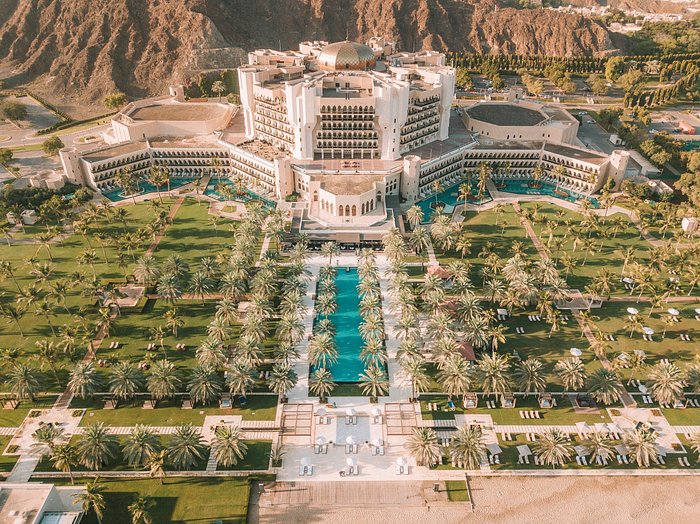
Al Bustan Palace, a Ritz-Carlton Hotel
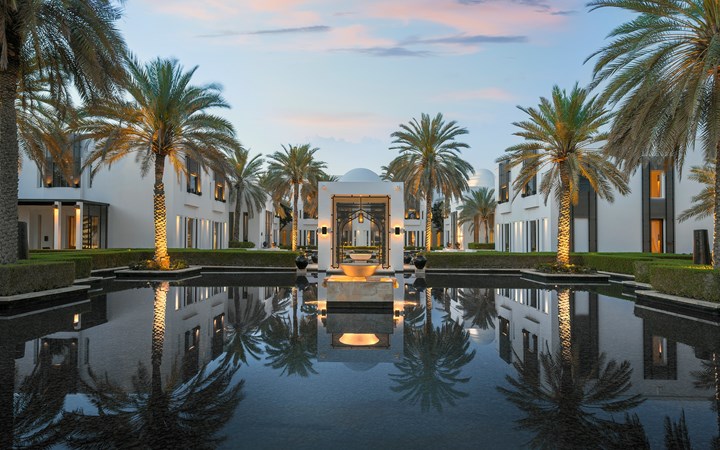
The Chedi Muscat

Six Senses Zighy Bay
RESTAURANTS
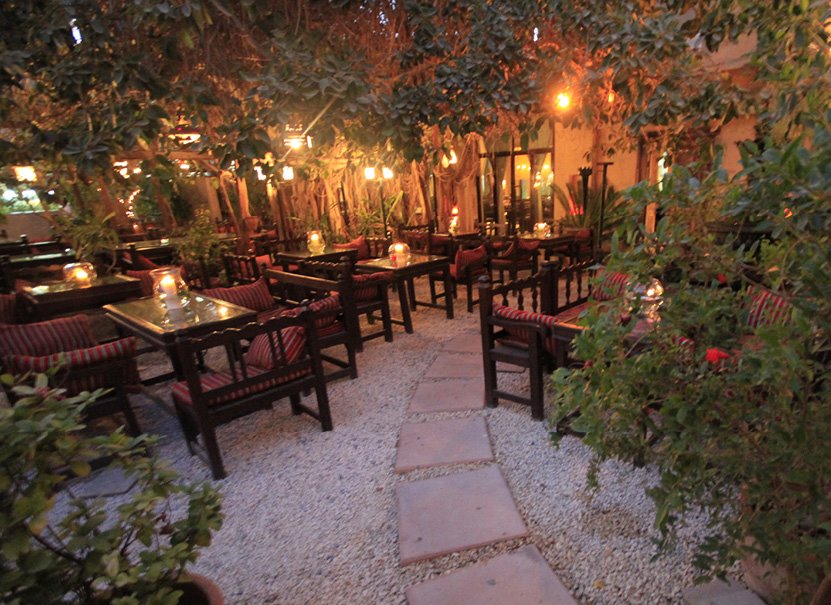
Kargeen Caffe
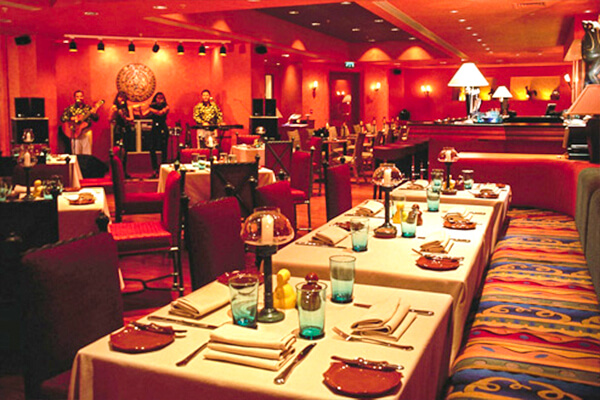
Bin Ateeq
